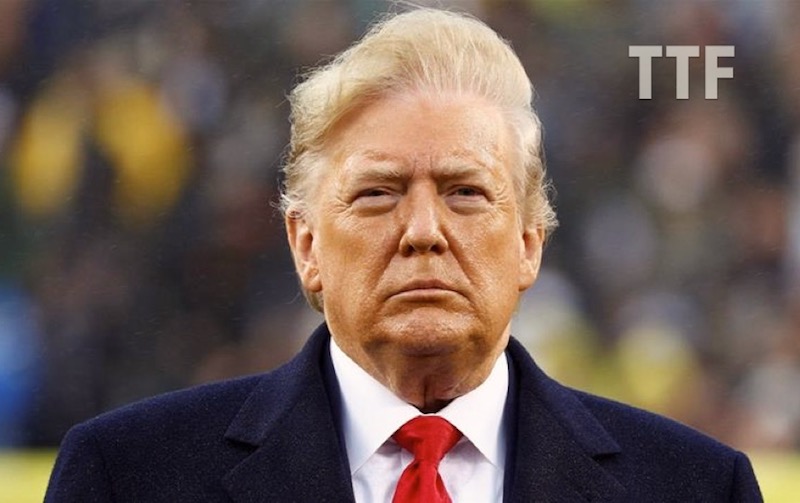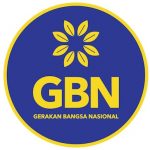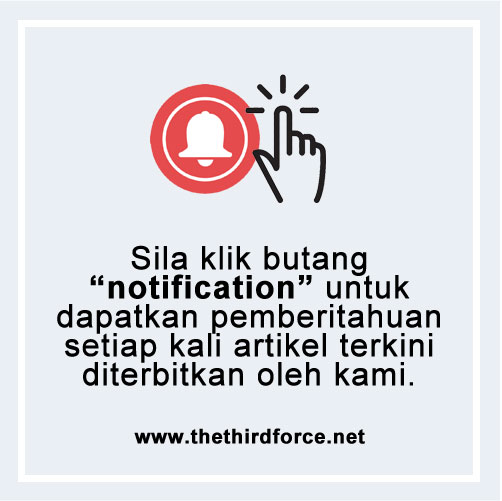
“If Japanese Admiral Isoroku Yamamoto were to be alive today, he’d probably say, “It’s a new awakening for America on all fronts – for everyday Americans, it’s a lesson that one needs to stay sober when going to the polling booth”
Raggie Jessy Rithaudeen
چوۏيد-19 سڤرتي سراڠن ڤارل هربواور كدوا باڬي اميريك
#TTFCovid19
If the Japanese attack on Pearl Harbour served to “awaken a sleeping giant and fill him with a terrible resolve,” that resolve may now be to panic.

A critical lack of testing kits, a shortage of ventilators, not enough ICU beds – America has now learnt what it did not learn in Pearl Harbour – that it is completely unprepared for a targeted biological attack.
If Japanese Admiral Isoroku Yamamoto were to be alive today, he’d probably call it “a second awakening.”
![]()
“When one thinks about what a bioterror attack would look like—it is crystal clear we are not even close to being ready,” former Department of Homeland Security official Daniel Gerstein, now a senior policy researcher at the Rand Corporation, was quoted as saying.
As Gerstein put it, today’s mantra of “flattening the curve” — or lessening the spike in illnesses, thereby slowing Covid-19 infection rates to reduce the burdens on the health care system — would not apply to a bioterror attack.
“The people in that cloud would be infected all at once, so you would see a very large spike of very sick patients,” he said.
According to reports, the United States was completely unprepared for the pandemic, with US president Donald Trump even having gone on record to say that things were under control.
They weren’t.
Trump made the claim on the 22nd of January 2020 during a televised interview with CNBC’s Joe Kernen.
Noting that the first American case had been announced the day before, Kernen asked, “Are there worries about a pandemic at this point?”
Trump replied: “No. Not at all. And we have it totally under control. It’s one person coming in from China, and we have it under control. It’s going to be just fine.”
By this point, not only had the virus spread from China to four other countries, China was taking drastic measures and was on the verge of locking down the city of Wuhan.
In the weeks that followed, Trump faced a series of choices:
1. He could have taken aggressive measures to slow the spread of the virus.
2. He could have insisted that the United States ramp up efforts to produce test kits.
3. He could have emphasized the risks that the virus presented and urged Americans to take precautions if they had reason to believe they were sick.
4. He could have used the powers of the presidency to reduce the number of people who would ultimately get sick.
He did none of those things.
Yamamoto might have added, “It’s a new awakening for America on all fronts – for everyday Americans, it’s a lesson that one needs to stay sober when going to the polling booth.”



